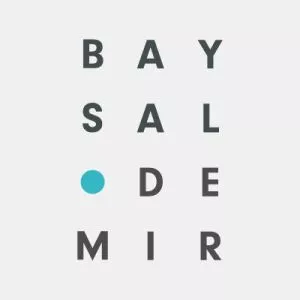Communiqué No. 2008-32/69 on the Decree No. 32 on the Protection of the Value of the Turkish Currency has been published in the Official Gazette on 28 February 2024, impacting payment transactions involving foreign currency. This amendment modifies the Communiqué No. 2008-32/34 and introduces certain changes that affect payment obligations within Turkey.
Key Changes:
Pursuant to the Communiqué No. 2008-32/34, parties, resident in Turkey, were no longer permitted to pay in foreign currency for the purchase price of goods, even when the purchase price is denominated or indexed in a foreign currency within the sale contract.
Two days after the publication of the Communiqué No. 2008-32/34, on 21 April 2022, the Ministry of Finance had issued an announcement to provide clarity on specific payment obligations that are still permitted in foreign currency:
- Payment obligations related to negotiable instruments indexed to a foreign currency issued before 19 April 2022;
- Payment obligations concerning invoices issued before 19 April 2022;
- Purchase and sale transactions of precious metals and stones conducted in foreign currency within the Precious Metals and Precious Stones Market of Borsa İstanbul A.Ş.
Recent Developments:
The Official Gazette published an amendment on 28 February 2024, further refining the exceptions outlined in the earlier announcement by the Ministry of Finance ("Communiqué No. 2008-32/69"). With this communiqué, the exceptions provided in the Ministry of Finance in its announcement, were specified in the communiqué. Additionally, three new exceptions have been introduced:
- Payment obligations for exports facilitated by Foreign Trade Capital Companies (FTCC), Sectoral Foreign Trade Companies (SFTC), Export Consortia, as per specific regulations and presidential decisions1 and E-Export Consortia, as per specific regulations and presidential decisions2.
- Payment responsibilities for goods under customs declaration, transit, customs warehousing regimes, temporary storage, and free zone provisions, as specified in securities sales contracts governed by the Customs Law numbered 4458.
- Payment obligations related to the delivery of goods subject to securities sales contracts within the scope of foreign trade transactions with companies operating within free zones.
All these six exceptions are effective as of 21 April 2022, the date of the announcement of the Ministry of Finance.
Conclusion:
These amendments and exceptions impact payment transactions involving foreign currency within Turkey. It is crucial for businesses and individuals to familiarize themselves with these changes to ensure compliance with the updated regulations.
For further guidance and clarification on specific cases, it is advisable to consult legal experts.
Footnotes
1. Communiqué on the Status of Foreign Trade Capital Companies (Export: 2004/12) published in the Official Gazette dated 8/12/2004 and numbered 25664 and Communiqué on the Status of Sectoral Foreign Trade Companies (Export: 2004/4) published in the Official Gazette dated 2/7/2004 and numbered 25510.
2. Export Consortium within the scope of the Decree on Export Supports put into force by the Presidential Decree dated 17/8/2022 and numbered 5973 and the Presidential Decree dated 24/8/2022 and numbered 5986.
The content of this article is intended to provide a general guide to the subject matter. Specialist advice should be sought about your specific circumstances.
We operate a free-to-view policy, asking only that you register in order to read all of our content. Please login or register to view the rest of this article.



